Special Feature | The Raider Voice’s Guide to College
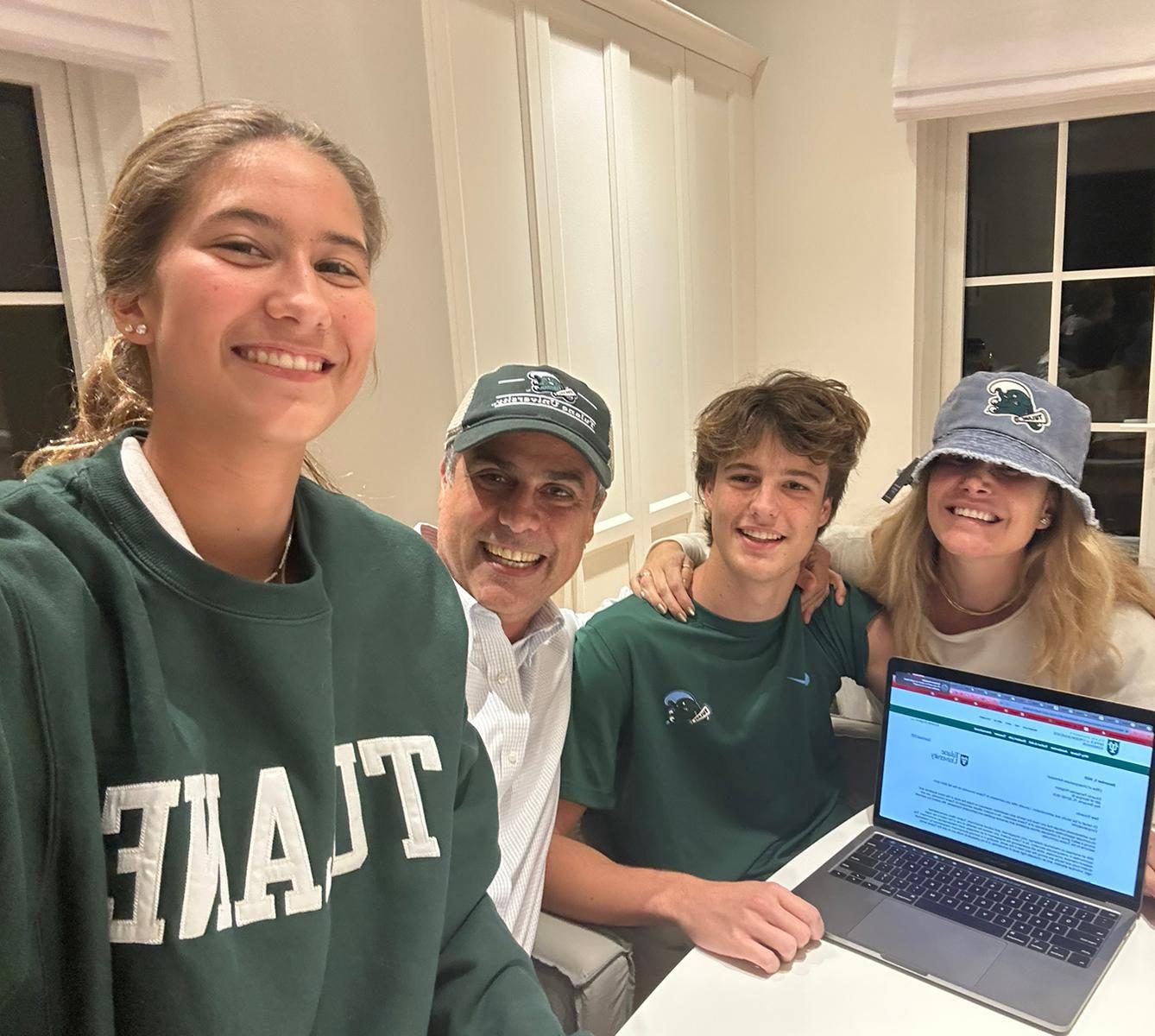

As college decisions start rolling in, the excitement and anticipation of acceptances and rejections for seniors often becomes present in their day-to-day lives.
When college acceptances are out, many seniors tend to stress about one thing in particular: rejections. Some seniors handle it well, however, others don’t. At the end of the day, the college they will end up in will most likely be the right fit for them.
“It’s never easy to be told no. It’s always a tough burn,” Upper School College Counselor Jacqueline Horowitz said. “At the moment I think students take it really rough, but you’re going to end up exactly where you’re meant to be and you’re going to end up at a place that is perfect for you,” she added.
Some seniors have avoided stress by mentally preparing themselves for the worst, even though they hope to have positive results.
“I have received various rejection letters, some very unexpected. However, everytime I open my letter I am already prepared for the worst to come. I will obviously hope to get accepted but if I don’t I try to move on as fast as possible to avoid the stress,” senior Zidane Habib-Mitchell said.
Even though some seniors faced the adversities of getting rejected, some were glad to be accepted to their first choice school.
“I was lucky enough to be accepted into my number one college and didn’t receive any rejection letter. Being accepted early allows me to somewhat be stress free from any college talk and allows me to focus on school more,” senior Geronimo Stier said.
This stage in the college process for seniors can be very unpredictable; even though seniors all hope to get accepted into their top choices, rejection is inevitable, and it may happen even if the senior is the best in the class. In the end, it’s important to be resilient and, as Horowitz stated, that seniors will end up where they are meant to be.

When applying to college students not only have to pick a school, but many also have the added task of picking a roommate, assuming that they do not choose to have a random roommate. Through social media, connections, and the ability to choose a roommate, incoming freshmen have shifted away from random roommate selection.
Many colleges and universities have always had the option of allowing their students to choose their own roommate. Before social media, students would often do random roommate assignments. Many colleges would have students fill out a form and then pair them with another student. Now, students can pick their own roommates through social media pages where they can meet other students.
“I posted my bio and photo on the NYU instagram page. I have already received many messages from amazing people and I am in the process of choosing a roommate,” senior Ava Schatzman said. “I am making sure the roommate I choose has similar interests and habits, however I am keeping a very open mind.”
The social media pages are often motivated by current students of the college and university. Students also have to provide proof of acceptance so no one talks to a fake student. Students can choose a roommate as early as when they receive their acceptance letter, like what senior Lorenzo Jaime did.
“Finding my roommate for BU was relatively easy. I found him through Instagram, through one of those freshman accounts that are created to meet people. After looking through a couple of people, I saw that he and I shared a friend in common, which facilitated everything. I reached out to him after looking at his profile, which showed that we shared a lot of common interests and backgrounds,” Jaime said.
There are many precautions students take when looking for a roommate. According to collegechoice.net, there are several aspects of living together that students should keep in mind. Students should make sure they have similar schedules, similar cleanliness habits, good communication, and shared interests.
“[My roommate and I are] both Hispanic and athletes, which immediately gave us a shared cultural and lifestyle understanding. I prefer speaking Spanish at home, so knowing that I can get to my dorm and drop the English is going to be much better for me,” Jaime explained. “Other than that, he was just very chill. We shared similar values, hobbies, liked the same music, and had some mutual friends in common. It felt like a good fit.”
Roommate selection is another process of the application but through modern technology, it has been made more accessible.

There is no doubt that going off to college is arguably one of the most thrilling experiences, but also is nerve-wracking for many individuals. Although individuals will experience many unknowns, one thing is clear: the best dorm essentials are a must for ensuring an easier transition, and creating your home away from home.
In order to get a good night’s sleep, a comforter is key. However, for those heading to warmer climates, it is smarter to opt for a fleece blanket as a comforter may be too warm. Mattress toppers are also a good purchase because they provide an extra layer of comfort, especially as the mattresses in the dorms can be worn and uncomfortable.
“A mattress topper goes a long way in making your life better in the dorms. I can’t stress the mattress topper enough, it’s probably the most important thing” Gulliver alumnus Igancio Diaz ‘19, former Boston College student, said.
Of course, it wouldn’t be the college experience without a personal mini fridge, microwave, and coffee maker. Besides being space-efficient, the mini-fridge allows individuals to keep their personal drinks and snacks away from the communal fridge.
Gulliver alumni Katie Lewis ‘22, Villanova ‘26, and Paulino Mercenari ‘23, University of Miami ‘27, both unanimously agreed that snacks were especially important to them.
“I’d definitely say to always have emergency snacks around in case the dining hall is ever closed and you get hungry. They’ve saved me a few times,” Mercenari said.
A microwave is also important to have because it gives one the opportunity to heat up leftovers, make simple meals if the options at the dining hall are not enticing, and make popcorn for those ever-present movie nights with friends. Having a coffee-maker is a great way to power through late-night study sessions, and will fuel individuals for those early-morning classes.
While some may be wondering why a tea kettle would be a must-by for others, they can be utilized to quickly and efficiently boil water for hot meals and drinks. “I’m addicted to tea and I drink tea every night to wind down. It’s also useful if you want a hot meal and need hot water” Gulliver alumna Chiara Zecchini ‘23, Boston College ‘27 said.
If one does not want a messy dorm, sufficient storage is a must. Storage containers come into play when it comes to food, cleaning tools, chargers, and the overall environment of the room.
“Since dorms are small and look cluttered super easily, making sure you put things in their place and hidden helps the whole look. I recommend buying any sort box to help organize the place and have things neatly put away” Gulliver alum Jade Garcia ‘23, The New School ‘27, said.
Having your own personal trash can is important because it aids to ensure that everything is neat and mess-free. Having a fan is a good option, especially in older dorms in the Northeast as many of the older ones do not have air conditioning.
For Gulliver alumna Ava Burke ‘23, Boston College ‘27, a fan was necessary.
“Because a lot of dorms don’t have AC, and in the summer months it’s really hot,” Burke said.
Outside of each individual dorm, it is important to be prepared to tackle communal bathrooms. For the bathroom, it is particularly necessary to have a pair of comfortable shower shoes, which will protect against unwanted bacteria lurking in the showers.
“Shower shoes if you have a communal bathroom is a must, no question asked. You don’t know where people have been and you don’t want fungus,” Garcia said.
Investing in a nice bathrobe is necessary,especially when it comes to the shower situation. Bathrobes are a better option when it comes to modesty reasons as they are less likely to fall, unlike a towel.
Necessities may differ depending on the college one attends, or the dorms they are assigned. However, having the basics will make the difference, and make the experience into a positive one.

For many, going to college means moving away from home and leaving one’s hometown is rarely easy. Here are a few tips from Upper School Mental Health & School Counseling Coordinator Marlyne DeLima and recent alumni on the best ways to adapt to a new college environment.
1. Take advantage of extracurriculars
College will probably be the first time in many people’s lives when their schedule is completely up to them: class times, meal times, down time, etc. DeLima emphasized that many students get to college unsure of how to handle their time. This is why, according to her, creating a healthy routine is important.
“I would suggest getting into activities and enjoying the different parts of yourself that you haven’t tapped into yet or that are evolving, but also making friends through those connections, and remaining busy,” DeLima said.
Similarly, alumna Maya Gowda ‘23, Cornell ‘27, said that she was able to feel closer to home through the connections she made with other students through taking advantage of extracurriculars and cultural events.
“Trying to create your own family is really helpful,” Gowda said.
Alumnus Jacob Gelrud ‘22, Washington University in St. Louis ‘26, had a similar experience to Gowda’s when figuring out how to get over his short-lived homesickness.
“I made friends and met new people. I also got involved in many clubs which made it easy to adapt,” Gelrud said.
In the end, most students find connection with others through the extracurricular activities offered on campus.
“We are social beings. We need to stay connected to one another. Please do that. Remain connected. There’s power in growth and connection,” DeLima urged.
2. Practice self care
When going to college, it may be easy to get caught up in classes or activities and forget about self care.
In order to avoid burnout, DeLima added that continuing to exercise and engage in activities you enjoyed before moving to college is important, as well as receiving enough sunlight every day.
“In the end, it’s important to value your own personal time as well,” she said.
3. Know where help is before you need it
When arriving on campus, become familiar with the resources that are available.
“Every college will have various forms of support. Some are better than others, but they have it. So I would really urge you all to make it a point to find those resources. Don’t wait until you need it to ask,” DeLima suggested.
Many students can find support through on-campus counseling centers, professors, and different student organizations.
“We should not wait until we’re super depressed to go looking for the counseling services. We want to know where they are beforehand,” DeLima said.
4. Surround yourself with people who will lift you up, not bring you down
College is a great place to make friends and meet new people! It’s important, however, to assess the people whom you call friends.
DeLima added that it’s important to “choose your friend groups wisely and be able to make these distinctions in the people you select as friends in college and to align yourself with people who have similar moral values.”
5. Party wisely
“Don’t forget the main objective, which is to graduate. So party wisely; party in a way that when you wake up in the morning, you’re aware of what you did the night before,” DeLima said.
While partying in college is arguably a part of the experience, before partying too hard, DeLima advised that students should set parameters for what partying looks like to them.
“Do I want to be able to look back the next day and say, ‘that was a lot of fun’ without regrets? We know people unfortunately get drugged sometimes and are taken advantage of; so it’s important to keep those things in mind while away at college to protect yourself,” she said. “I think we can’t talk about being successful in college without really looking at the importance of making plans on being safe while having fun.”

Heading off to college can be an exciting journey but also just as stressful. Selecting majors, choosing classes, and finding ways to get involved are key decisions that can shape a student’s upcoming academic journey.
For many college students, the most important part about college is networking since it is vital for personal and professional growth. Some ways to do this is by trying to talk to new people and reaching outside your comfort zone. Whether it’s joining interesting clubs, attending social events, or sitting next to someone new everyday in class, students can expand their social circle and make connections that may open new doors in the future.
“A lot of the college experience is making friends and having fun and the easiest way to do that is by getting outside your comfort zone and joining many extracurricular activities,” college counselor Yasmin McGinnis said.
As far as classes go, freshman in college usually go through introductory courses specific to the respective major and general electives. Most four year colleges require certain classes to be taken like Math, Science, and English/Writing. If someone doesn’t know what classes to choose, a college advisor can help students pick specific classes that they are interested in.
“Next year I am looking forward to being able to choose classes I am interested in and being able to really focus on what I want to do with my future,” senior Victor Gordon said.
Someone’s major is a big necessity when you go into college. If a student already knows what you want to do in the future then choosing a major is easy. But for students that do not know, it can be a very stressful process.
“Picking a major can be very difficult for some students. Some tips that they can use are to discover your strengths, try classes in different majors, reach out to a mentor, and get outside experience,” Mcginnis said.







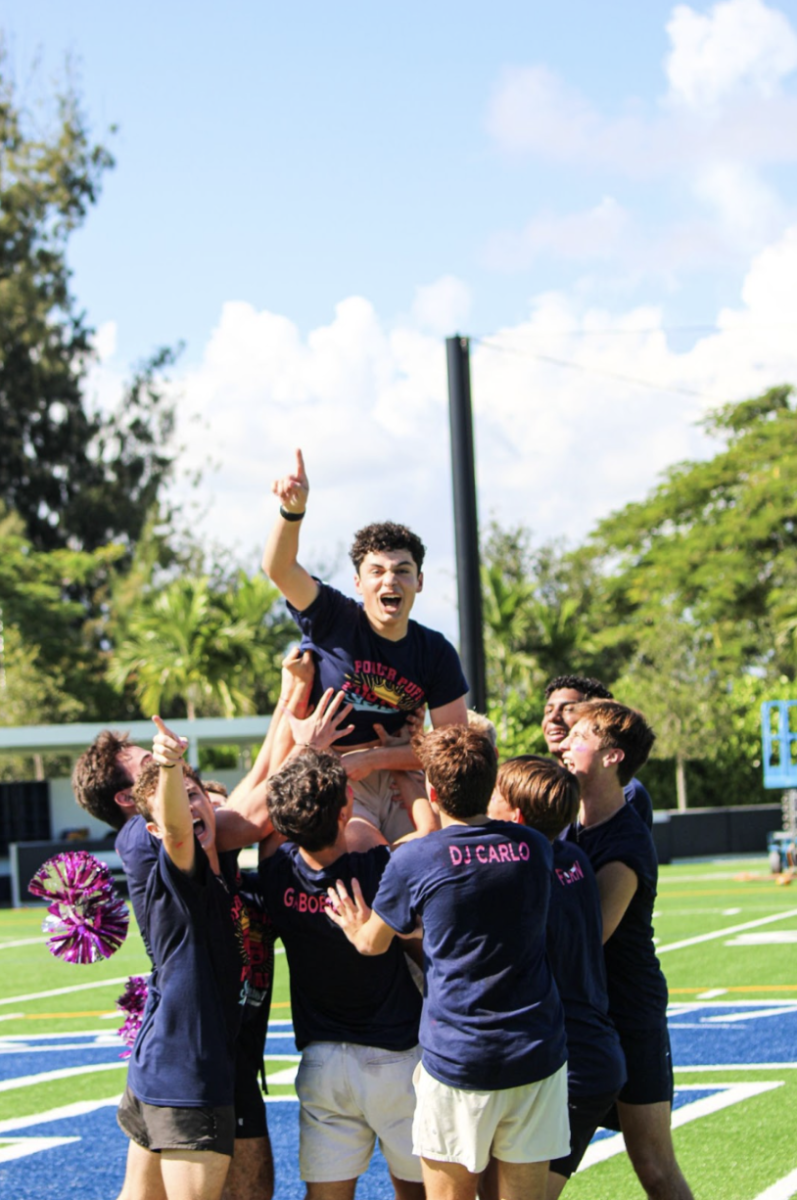

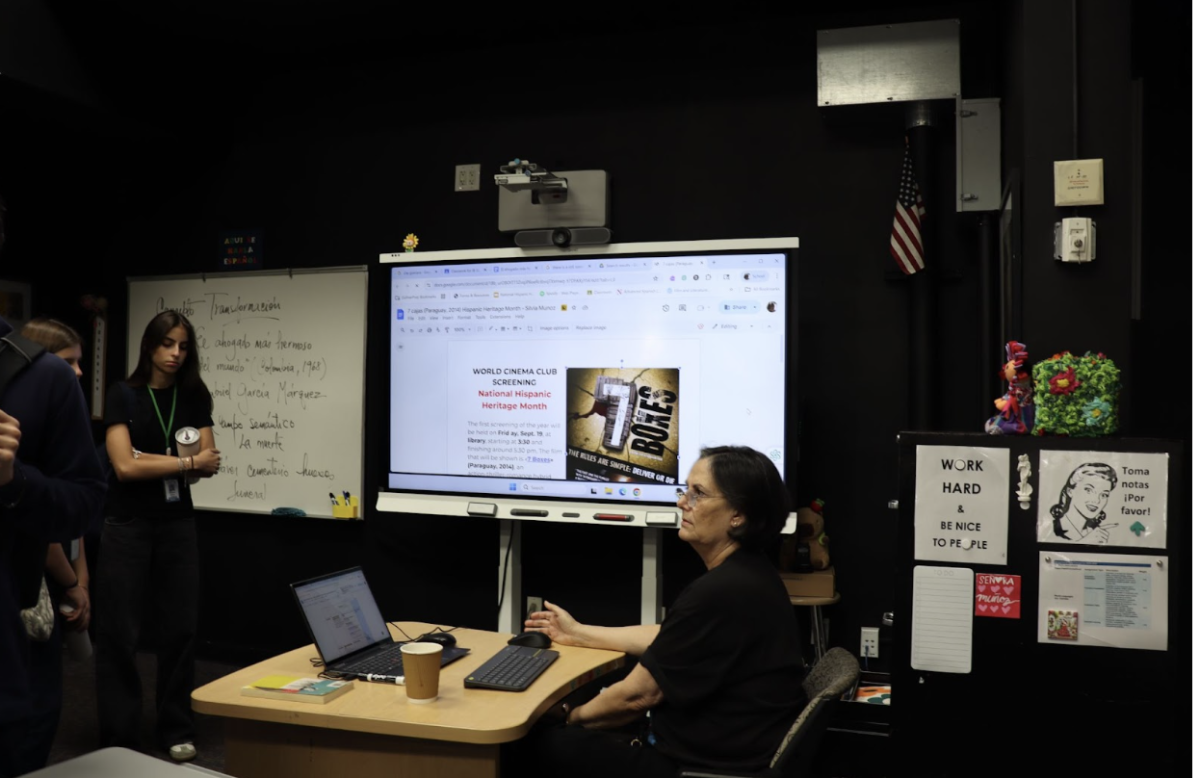
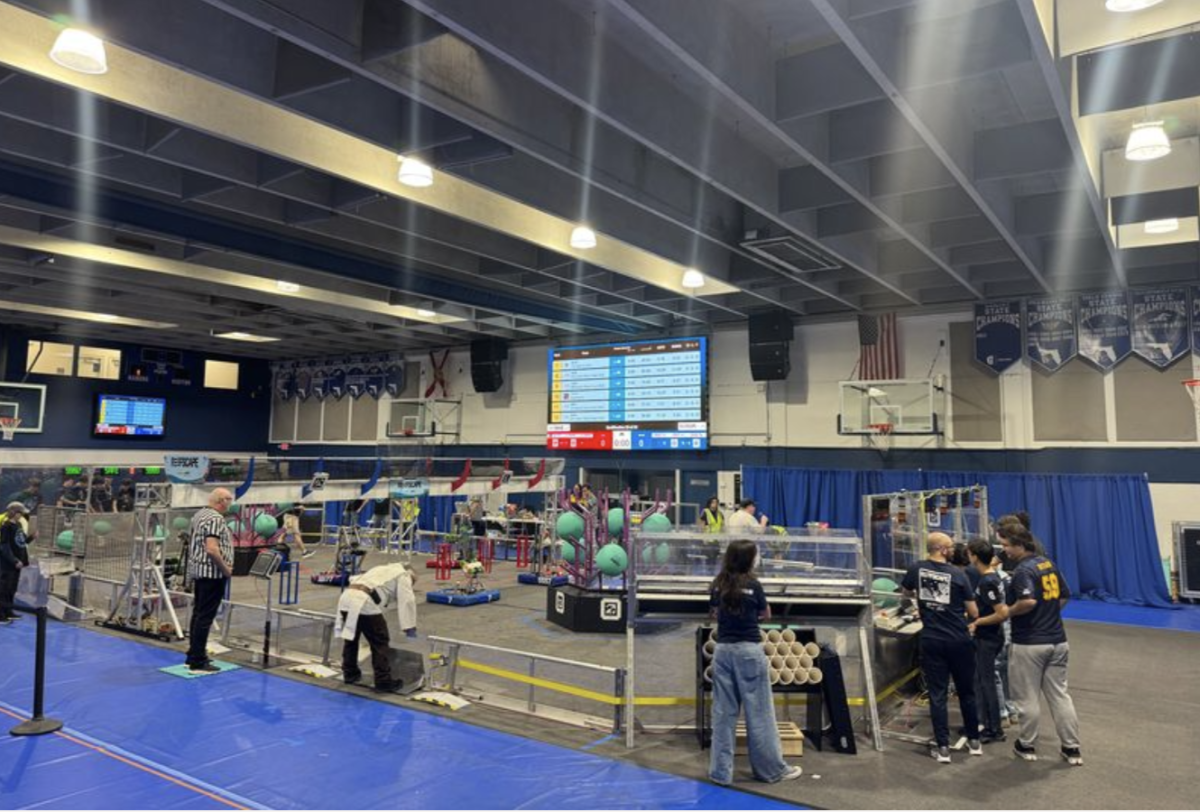
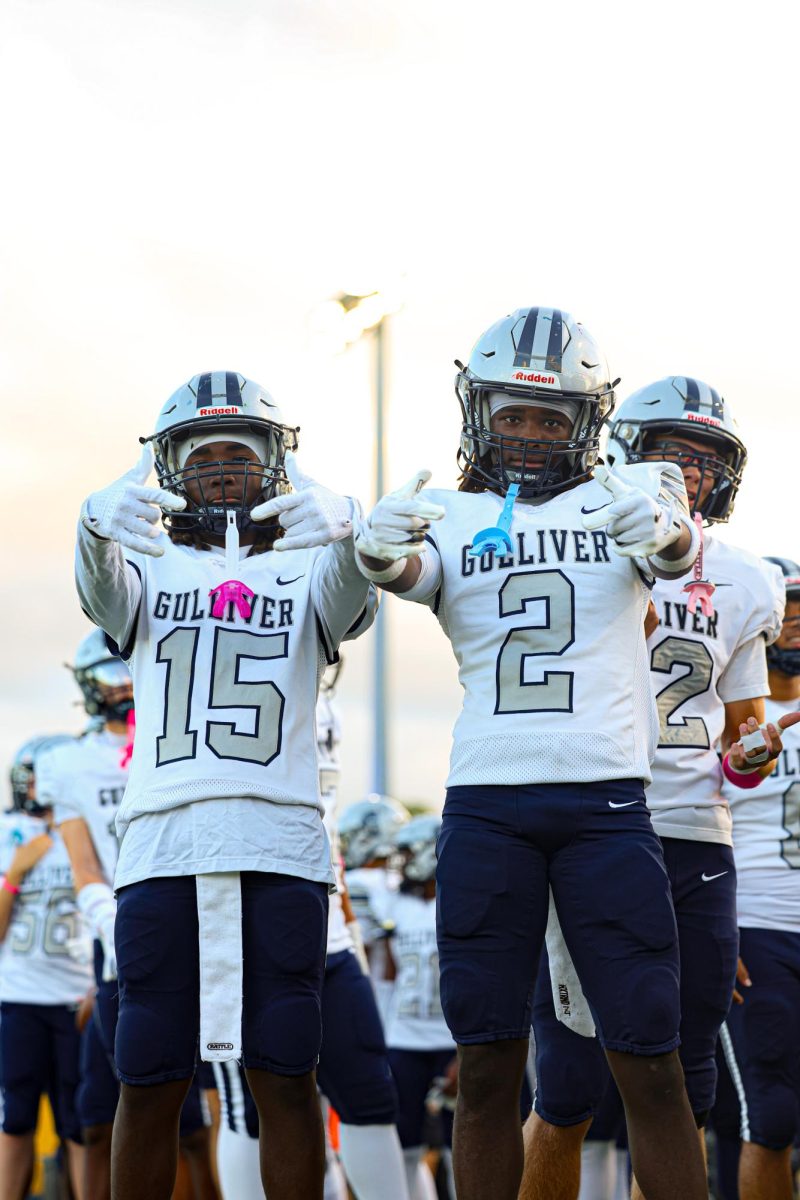
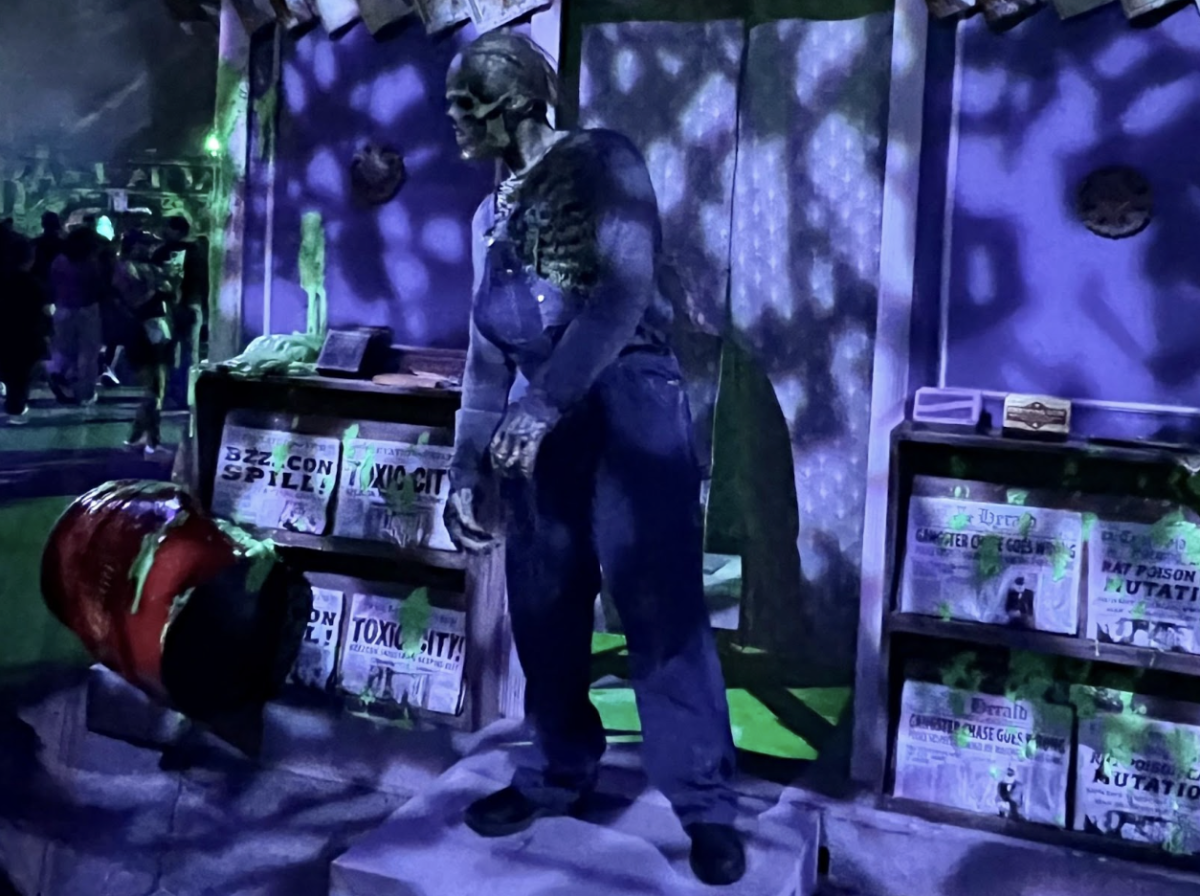


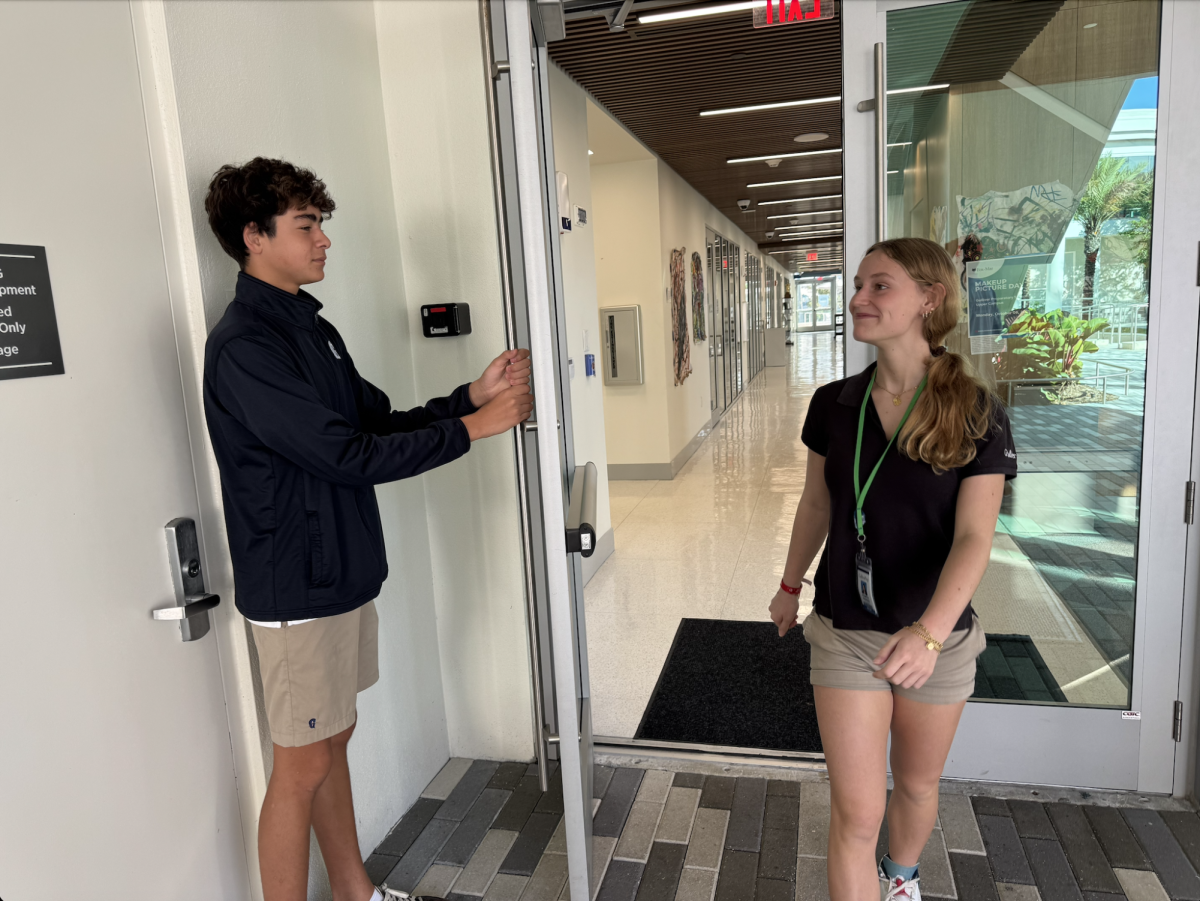
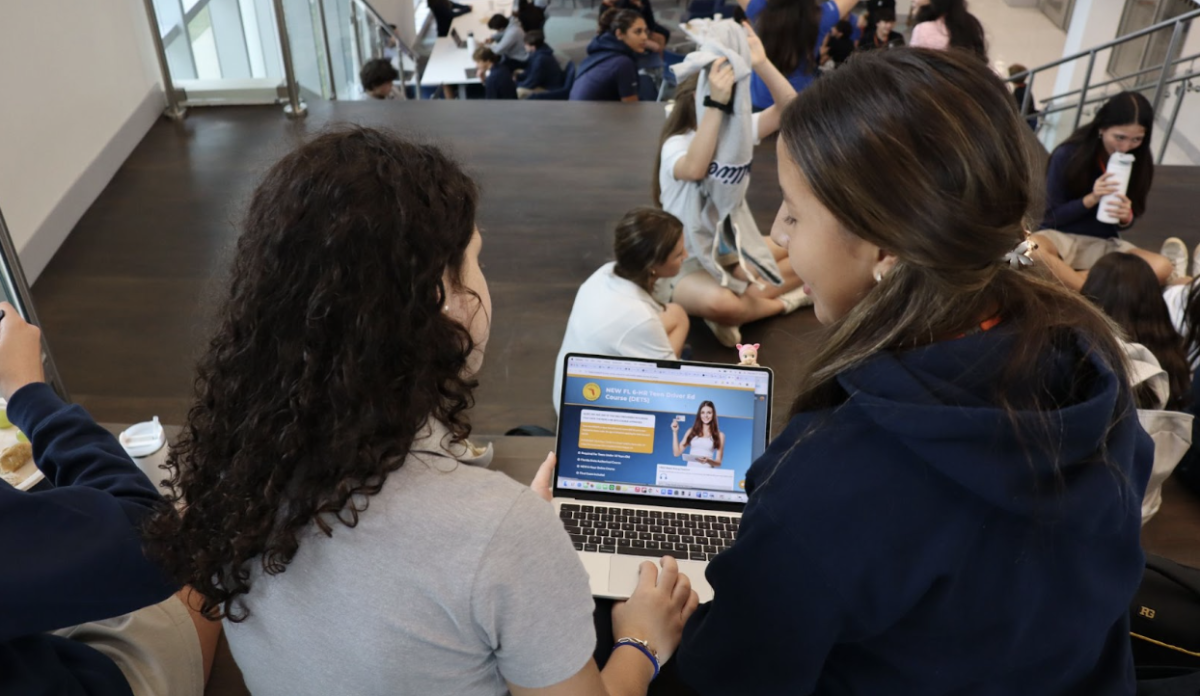
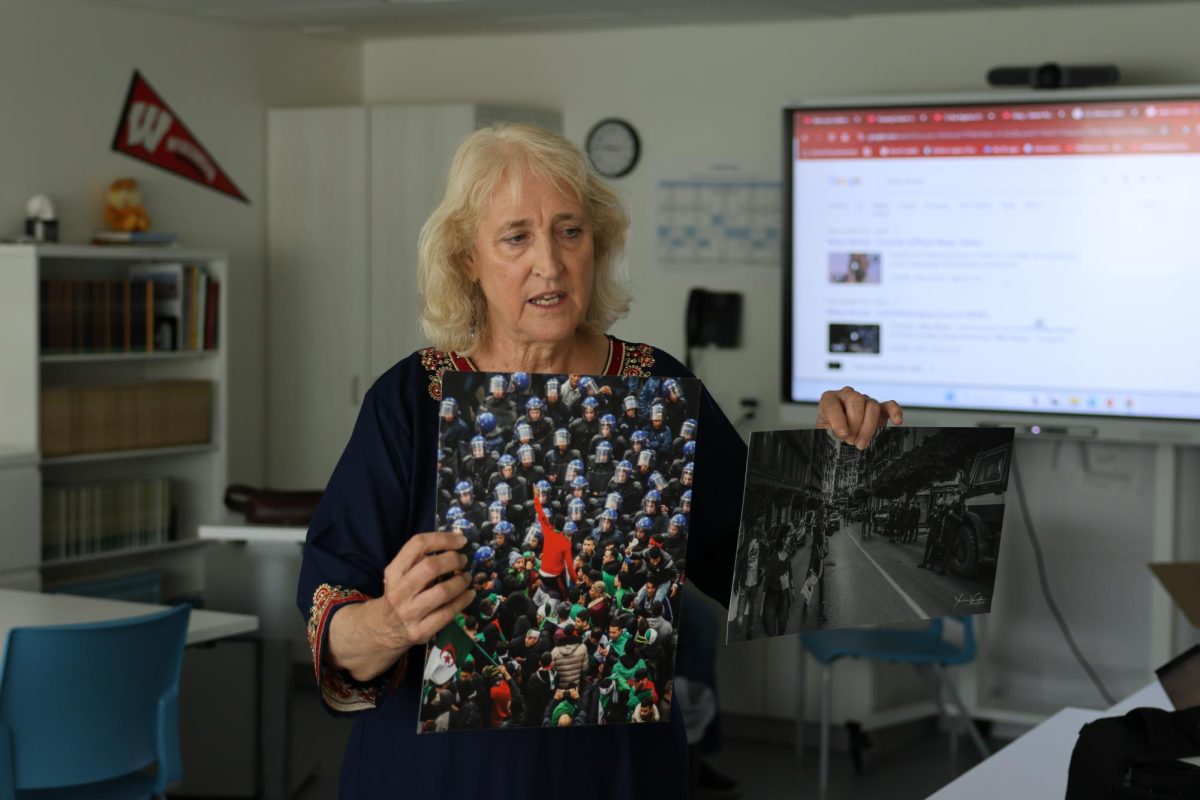
Zidane Habib-Mitchell • Mar 14, 2024 at 1:38 pm
This was an amazing article!!
Matias • Mar 14, 2024 at 1:25 pm
Thanks for the insight!
Tomas Kay • Mar 14, 2024 at 1:24 pm
Solid and informative article.
Stefan • Mar 14, 2024 at 1:24 pm
Pretty cool stuff
david • Mar 14, 2024 at 1:21 pm
this article changed my life
Catalina • Mar 14, 2024 at 1:18 pm
Really cool article! Love the layout!